Should India’s chief moneyman be kept waiting? In less than two months, Reserve Bank Governor Duvvuri Subbarao’s term will get over, but the government has still left him guessing. Will they, won’t they give him an extension of two years, as he is entitled to?
The government did the same with former Sebi chief CB Bhave. They initially gave him the impression that his three-year term would be extended by two years, but in the end opted to give the job to someone else. This is bad governance.
It may amaze some readers that the man who is at the apex of the financial system should be kept hanging like this even as the press continues to speculate on who his successors might be.
Subbarao, according to The Economic Times , may get an extension. But the paper is obviously not sure, for it also names Chief Economic Advisor Kaushik Basu and India’s Executive Director at Asian Development Bank Ashok Lahiri as potential candidates. The Indian Express on Thursday endorsed Subbarao for an extension citing support from former RBI governors Bimal Jalan, YV Reddy and C Rangarajan.
Monetary policy needs a steady hand. It also needs autonomy from day-to-day political pressures. US central bank governors work for a decade or more. Alan Greenspan spent almost two decades as chairman of the Fed. Ben Bernanke, a Bush appointee, will remain even through the Obama years. Why should Subbarao be treated any different?
The other problem with top appointments in the financial sector is that government officials have a tendency to speculate through the press. Unlike the US, there is no nomination from the executive and ratification by Parliament. Prime Minister Manmohan Singh, a former RBI Governor himself, will clear the appointment based on a short-list put up by the finance ministry.
Even now, there are many key government appointments where speculation continues. The position of LIC chairman is yet to be filled. A PTI report in June said that the announcement would take more time as various government departments are scrutinising candidates. The chairman of the Insurance Regulatory Authority of India was quoted in the story.
It is strange that the IRDA chairman is involved in the whole process. Imagine a test cricket umpire giving an opinion on who India should select as captain. There appears to be no method by which key appointments are made.
There is also the tendency to continue influencing decision-making at state-owned companies or quasi-PSU companies. Agreed that the government is majority owner in public sector companies. However, the same ad-hoc policy seems to drive appointments in these entities.
The government also seems to be exercising undue influence on organisations like UTI Mutual Fund, owned by LIC, SBI, PNB, and Bank of Baroda, according to T Rowe Price, a foreign institutional investor owning a 26% stake. When government is not the direct owner of UTI, why should it decide who runs the mutual fund?
The shareholders’ agreement provides for the appointment of a CEO through the unanimous choice of all shareholders, according to a June 2011 report in The Economic Times . The report states that T Rowe Price has been irked by the alleged attempt by the finance ministry to back the candidature of an IAS officer, Jitesh Khosla, over the claims of others shortlisted by a professional search firm.
Quite clearly, the government needs to have a clear roadmap on how apointments at these levels should be made. First, the decisions must be taken at least three months before the term of an incumbent ends. Second, the length of tenures cannot be arbitrarily fixed at three years when five years is the norm.
Manmohan Singh, here is your chance to set a good precedent.


)




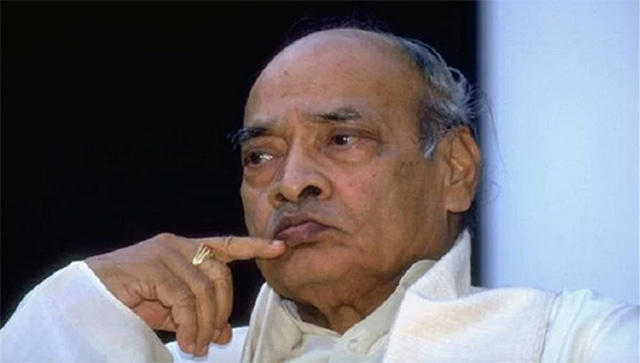)
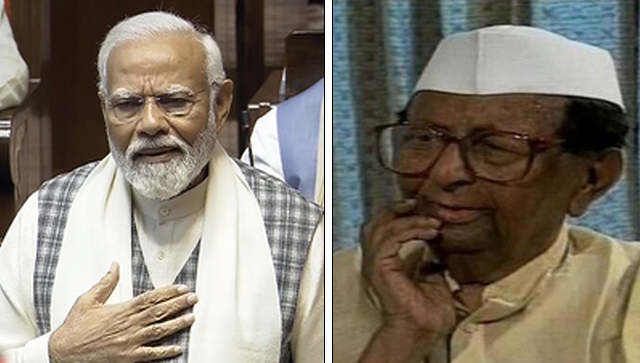)
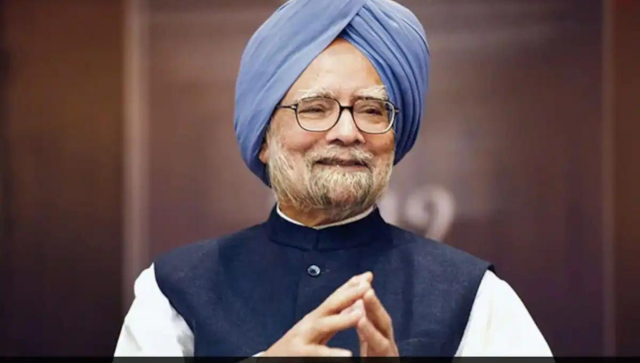)
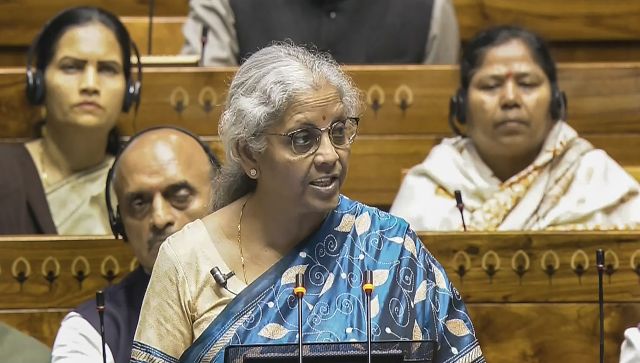)
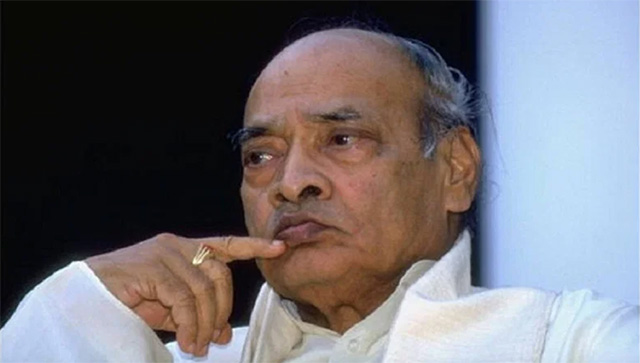)
)
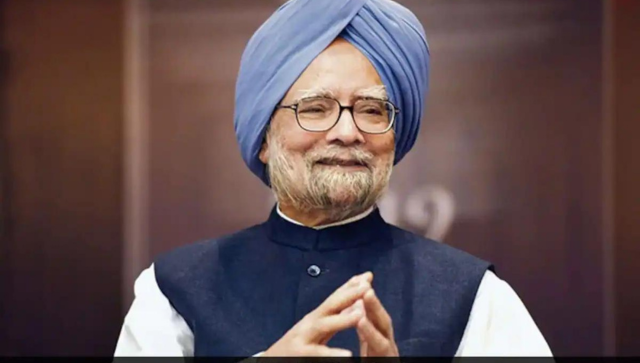)
)